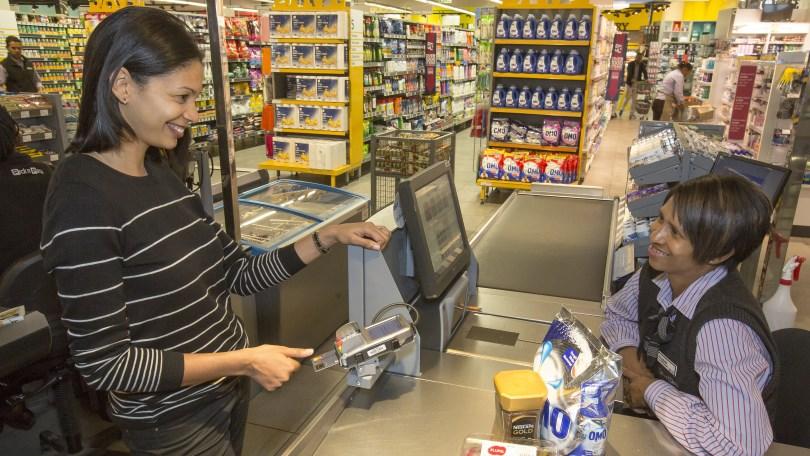- Visa, Stripe, Others Raise $8M for Paystack Startup Growth
Paystack, a Nigeria-based payments system startup company has raised $8 million in Series A funding from Stripe, Visa and Tencent.
The startup firm said the round was led by Stripe, and includes Visa, follow-on funding from Tencent and Y Combinator, as well as angel investors Tom Stafford (Managing Partner at DST Global),
Others were Gbenga Oyebode (founding partner of Aluko & Oyebode and Board member of MTN Nigeria), and Dale Mathias (Co-founder, Innovation Partners Africa).
This brings Paystack’s total investment to date to more than $10 million. Existing investors include Tencent, Y Combinator, Comcast Ventures Catalyst Fund, Blue Haven Ventures, and Ventures Platform.
Within a little over two years, Paystack’s all-African team has grown to process nearly 15% of all online payments in Africa’s largest economy, powering tens of thousands of businesses of all sizes including telcos, airlines, and government agencies.
Paystack provides powerful APIs to help developers quickly build modern payments experiences online. With only a few lines of code, developers can create custom checkout experiences, build automated recurring billing systems for subscription products, instantly send bulk transfers to any bank account in Nigeria, verify the identity of customers through five different verification APIs, and much more.
Through the company’s sleek payments interface, customers can pay with local and international cards, or directly from their bank accounts. Paystack also supports localized payment channels, including mobile money, QR code, and USSD payments. Every payment is screened by sophisticated fraud-monitoring systems to protect merchants from chargebacks, and Paystack’s direct bank integrations ensure the highest transaction success rates.
Beyond payments, Paystack provides businesses with powerful growth tools in the form of a Dashboard that helps them closely monitor and act on every aspect of their business’ performance, from granular transaction error data, to detailed customer insights.
“As recently as 2015, it was really difficult for a developer or business owner in Nigeria to quickly start accepting online payments,” says Shola Akinlade, CEO and co-founder of Paystack. “We started Paystack because we believe that better payments tools are one of the most important things that African businesses need to unlock their explosive potential. We think of Paystack as an amplifier of the incredible work that African business owners are already doing. With better technology tools, African businesses can be better equipped to play a growing role in the global economy.”
“The Paystack founders are highly technical, fanatically customer oriented, and unrelentingly impatient,” says Patrick Collison, CEO of Stripe. “We’re excited to back such people in one of the world’s fastest-growing regions.”
“Africa is central to Visa’s long-term growth strategy, especially when you consider how cash is still a primary payment option for millions on the continent,” says Otto Williams, Head for Strategic Partnerships, Fintechs and Ventures for Visa in Central & Eastern Europe, Middle East and Africa (CEMEA). “Our investment in Paystack aligns with the kind of investments we look for – those that will help extend our reach into the global commerce ecosystem as it changes and grows, and that will provide mutually beneficial business opportunities.”
Paystack will invest the new round of funding in scaling its engineering team, further deepening its payments infrastructure, and accelerating their expansion across the continent.
Akinlade adds: “As Paystack looks to expand rapidly across the continent, we’re thrilled to have the benefit of the deep experience of Stripe, Visa, and Tencent. Our ambition is to give African merchants the tools and services they need to go toe-to-toe with the best businesses in the world, and win.”

 Naira4 weeks ago
Naira4 weeks ago
 News3 weeks ago
News3 weeks ago
 Education4 weeks ago
Education4 weeks ago
 Social Media4 weeks ago
Social Media4 weeks ago
 Economy4 weeks ago
Economy4 weeks ago
 Investment4 weeks ago
Investment4 weeks ago
 Dividends4 weeks ago
Dividends4 weeks ago
 Business3 weeks ago
Business3 weeks ago





























